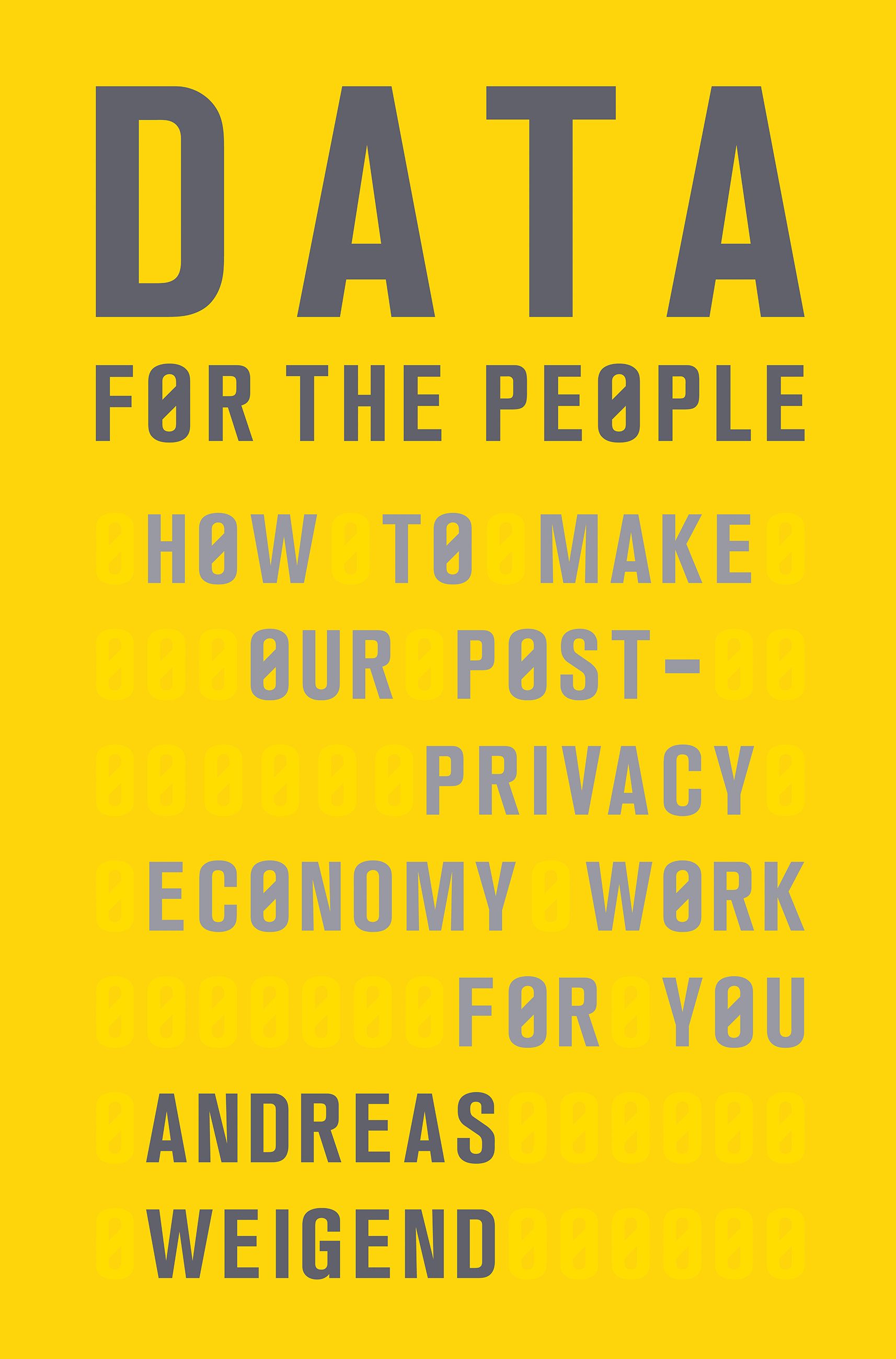I was introduced to this book by a close friend of mine who is currently working as a data analyst in a prominent start-up. The audio-book is available at the National Library which you can find here. It is written by Andreas Weigend, former Chief Scientist of Amazon.
The book goes into how to make data work for people, making a positive impact to people while taking into account individual privacy. Granted that while there are many governments providing data protection frameworks such as the PDPA (Personal Data Protection Act) in Singapore, after being in the field for a while, I believe businesses can do more to protect individual privacy while making a positive impact through the customer data collected.
The first part of the book shares a lot of examples of companies such as Amazon, Facebook, Google and the likes on how data is used for the benefit of people. It gives everyone, both in and out of the industry, a very good idea of how their data is used to provide detailed insights on customers. I am very sure the examples provided will surprise readers with a few exclamation marks.
After the examples, the author moves on to how data can work for the people. His proposal is Transparency and Agency.
Transparency is about getting the technology firms or any firm that uses data (the author calls them “data refineries”) to be transparent about how they use the data, how the data is being processed and what kinds of insights are provided by the data. My take on transparency is, data refineries can, to a certain extent, provide transparency, but whether the transparency level is enough will definitely be debatable. This is because the ways these data refineries use the data provide them with a competitive advantage. No sane business owner will be willing to show everything to their competitors for fear of losing their competitive edge.
Agency is about giving control back to consumers, to let consumers decide how much and which data they are willing to let these data refineries have so that data refineries can continue to provide data-driven services to customers. It is an interesting concept but the premise is that more people will start to understand the value of their data, how they can benefit from their own data and what the potential red flags are when data is shared with the data refineries.
Conclusion
I enjoyed the audio-book tremendously, getting new ideas on what insights can be derived from data. I like the two ideas, transparency and agency, that the author has proposed, giving information and power back to consumers. The author also proposed ideas to implement the two ideas. I like most of them but I feel that some of them are not feasible. Overall, my rating is 4 out of 5 stars for it.
